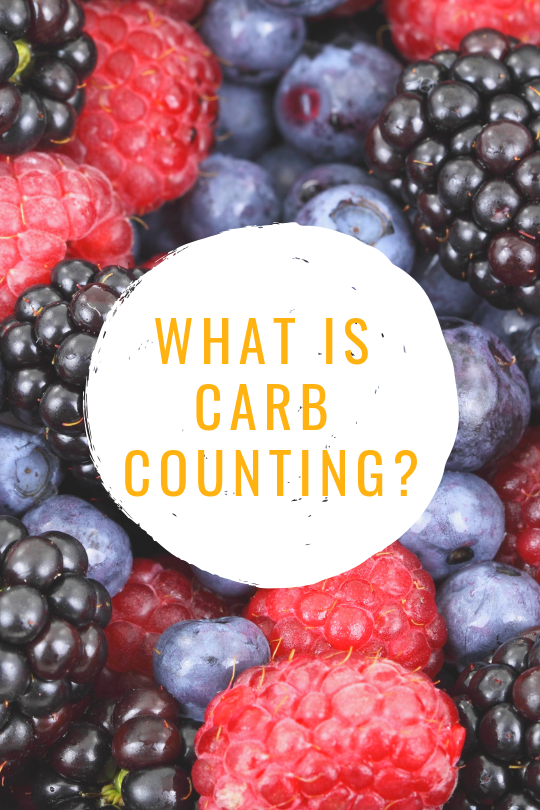What Is Carb Counting?
Written by Heather Gerrish, RD
Carb counting has been around for ages - for diet culture and medical nutrition therapy alike - but what does it really mean? And more importantly, why do it?
Carbohydrate monitoring is important for individuals who, due to certain medical diagnoses, need to keep their blood glucose in tight control. High spikes in blood glucose can be damaging in the short and long term for these individuals, and with diabetes being so prevalent in today’s world it’s no wonder the concept of “carb counting” has translated to diet culture. It’s important to consider moderation when diving into macronutrient distributions. Counting macros and monitoring micronutrients is important, but also living with some flexibility after establishing this baseline is essential for long term adherence to any program and to ensure that it works for both your lifestyle and your life! Balance is key and knowing all you can about what you are putting in your body - and how much - is essential in finding this balance and what works best for you!
So, without delay, let’s dive into what carb counting really is now that you have a little background on where it originated and why it’s important for monitoring moderation in a well-balanced, nutritious diet.
Carb counting is very similar to macronutrient or macro counting. Specifically, it includes calculations to determine:
Total carbohydrate recommendation per day
Distribution of this recommendation into meals and snacks
Monitoring (using a nutrition database like MyFitnessPal or reviewing nutrition facts labels) to track grams of carbohydrates consumed.
Let’s look at an example:
Food Item: 1 medium banana
Calories: 105
Fat: 0.4 grams
Total grams of carbohydrates: 27 grams
Protein: 1.3 grams
*exported from MFP
Using this information, you could input this data to be included in your daily total of carbohydrates. See, it’s not too bad!
At times (and specifically with low or very low carbohydrate diets) it can be difficult to stay within the recommended daily intake of carbohydrates based on your needs and calculations. It’s always important to consult with a medical professional to ensure that going on a very low (less than 100 grams of carbohydrates a day) to ensure that you are not missing out or excluding other sources of nutrients for normal body function. Many foods that contain carbohydrates contain other essential nutrients as well, and with a carbohydrate restriction, ensuring adequate intake of these nutrients becomes a higher priority.
Take a look at this week’s Nutrition Worksheet for additional practice with carbohydrate counting and in no time you will be a pro at balancing your carbohydrate intake!


